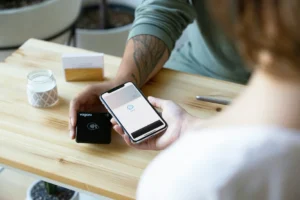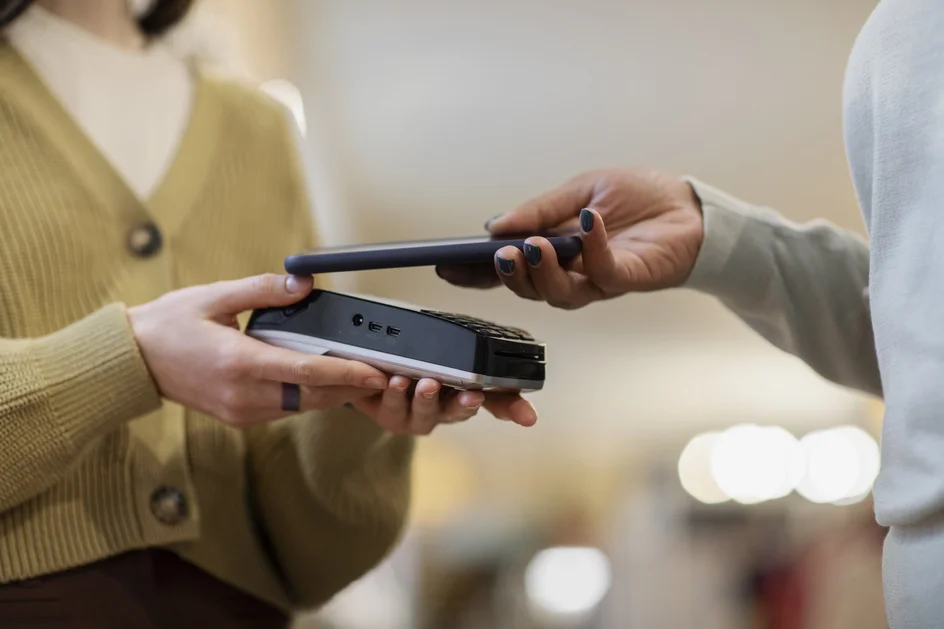A pilot project to test the “Volna” service was launched in three regions. We tell you more about the technology.
VTB has begun testing the “Volna” payment service, designed to pay for purchases from a smartphone via Bluetooth. The pilot project was launched in Moscow, the Moscow Region, and Kazan.
Payment via Bluetooth will be similar to Apple Pay and Google Pay technologies. However, it has an important difference. Foreign companies use an NFC chip for payment. The domestic alternative uses the Bluetooth wireless standard on Android smartphones and iOS.
As noted by VTB, about 100 retail outlets in three regions will participate in the pilot project in 2025. New terminals that support the unique technology are used for this. After testing is completed, the payment method will be distributed to other regions of Russia.

The Volna technology was first presented in October 2024. It was developed by specialists from the National Payment Card System, the operator of Mir cards and the Fast Payment System. As explained by the NSPK, the payment method is based on the Bluetooth Low Energy protocol. It can be used to pay for purchases without necessarily bringing the smartphone close to the terminal.
Earlier, Sberbank announced that it intends to introduce an analogue of Apple Pay in the second half of 2025. However, it is expected that the mass distribution of the technology will begin only in 2026.
Other companies are also working on new payment services. For example, at the end of 2024, Alfa-Bank reported that it was able to access the NFC chip on the iPhone to pay for purchases. Experts emphasized that this is a legal method that does not require hacking the system of American smartphones. The company said that it is ready to share the technology with colleagues. However, it is not yet known when users will receive the payment method.
At the same time, in other countries, Apple has officially allowed third-party services to use the NFC chip. PayPal has already launched an analogue of Apple Pay. The service was presented in May 2025. However, for now, only residents of Germany have this opportunity. Nevertheless, the developers intend to expand the service to other countries of the European Union.
